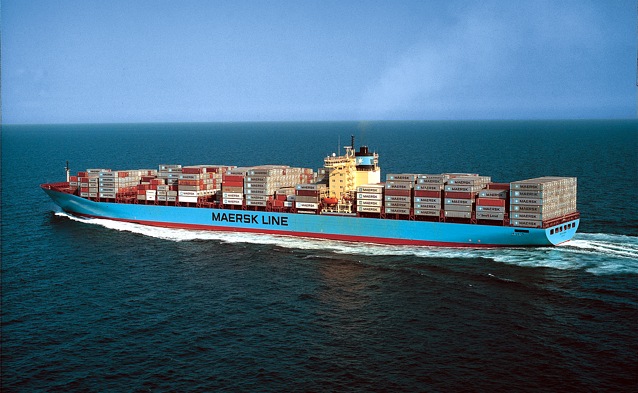
Every single day there are 60,000 cruise, cargo and oil rigs in operation globally. The vast majority of staff that keep these operations running properly are workers from the Philippines, Malaysia, Russia and India. Many of the corporations that bankroll everything are putting a new emphasis on crew welfare and retention. This has opened up a new market for digital publishing companies to keep the staff entertained and use it as perks to keep trained personnel from going to the competition.
Maritime operations, whether its a cruise ship, oil rig or cargo vessel often do not have reliable internet access. The companies often deal with satellite internet providers such as VSAT and IMTECH. Internet access is purchased in blocks, where ships have very specific limits on how much data is available. In order to download eBooks, magazines or newspapers they have to be accessed in off-peak hours, when the internet is more reliable and not congested.
Cargo vessels and oil rigs often have staff that are on the vessel for up to six months at a time. Keeping them entertained is a top priority to keep them loyal and happy. This has opened up a tremendous niche in the marketplace where some companies are taking advantage of the sparse options currently available.
Vancouver based PressReader currently has a catalog of over 2,000 newspapers and magazines. They have developed a new offline system that will allow vessels to download content in non-peak hours and distribute it to smartphones and tablets via a shipwide WIFI network. Maritime companies are starting to select publications that are relevant to the nationalities of their workers and getting the top three or four titles from those countries. This would allow a boatswain from the Philippines to get free access to the Manila Times, UNO Magazine, and Daily Inquirer to read at their leisure. Providing perks like free newspapers and magazines gives workers and officers a taste of home, without having to spend any of their own money, its the corporate cash after all that pays for it.
Getting your staff to read safety guides, regulations, weather reports and orientation information is a trial and tribulation. The print editions are often destroyed in the heat and humidity or lost amidst the huge vessels. This has warranted digital distribution, and PressReader Offline supports the ability for companies to upload their documents in PDF form, to be downloaded to tablets and phones on-demand.
PressReader offline has been in a year long pilot project and the system was co-developed by Silver Seas Cruises. It was trialed on a number of vessels to get feedback on how it could be integrated, using existing systems and the limitations of satellite internet. The offline capabilities have been a big hit and is now being used on vessels globally.
Established satellite internet providers are also leaping at the oportonity to fill this burgeoning entertainment niche. InfoSat is currently developing a new system that will allow vessels to have unlimited satellite internet access and offer a wide array of media. Maps, music, Videos, Newspapers, magazines and eBooks will be a top priority for the global launch.
If you are a crewman on a military submarine, your options to access leisure content is severely hampered. Internet access is non-existent, due to security reasons, which traditionally made reading eBooks unfeasible. This has prompted the US Navy to partner with Findaway World for the NERD e-Reader. It comes with 300 eBooks and audiobooks and has no USB port or WIFi internet access. In essence, it is a tremendously low security risk and provides an alternative to movies or the XBox.
I think this is the perfect time for the maritime industry to embrace audiobooks, ebooks, magazines and digital newspapers as an avenue to retain staff and keep everyone entertained. After all, most just rely on mindless activities such as video games, movies or sports. Reading gives them a taste of home and a widened mind.
Michael Kozlowski is the editor-in-chief at Good e-Reader and has written about audiobooks and e-readers for the past fifteen years. Newspapers and websites such as the CBC, CNET, Engadget, Huffington Post and the New York Times have picked up his articles. He Lives in Vancouver, British Columbia, Canada.